Philip Ball
Freelance writer, London
Philip Ball is a British science writer whose work appears in Nature, New Scientist and Prospect, among others. His latest books are How Life Works (2023) and Beautiful Experiments (2023). He lives in London.
Written by Philip Ball

essayFuture of technology
Techno-pipe dreams
Thirty years ago, nanotech was about to change everything. Let’s not get tricked again by Silicon Valley’s magical thinking
Philip Ball

essayGenetics
We are not machines
Welcome to the new post-genomic biology: a transformative era in need of fresh metaphors to understand how life works
Philip Ball

essaySpace exploration
The final ethical frontier
Earthbound exploration was plagued with colonialism, exploitation and extraction. Can we hope to make space any different?
Philip Ball
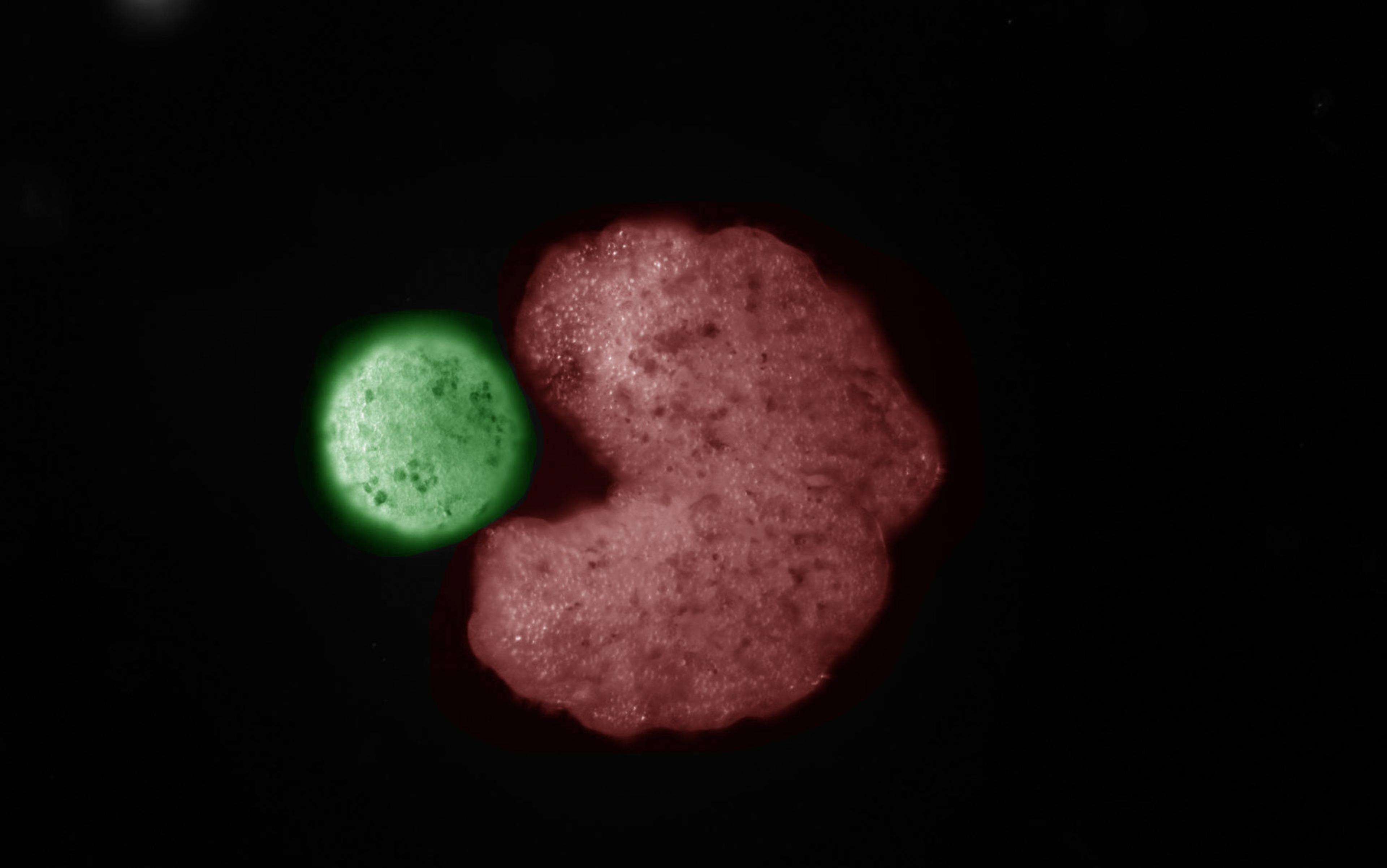
essayEvolution
What on earth is a xenobot?
The more we understand how cells produce shape and form, the more inadequate the idea of a genomic blueprint looks
Philip Ball
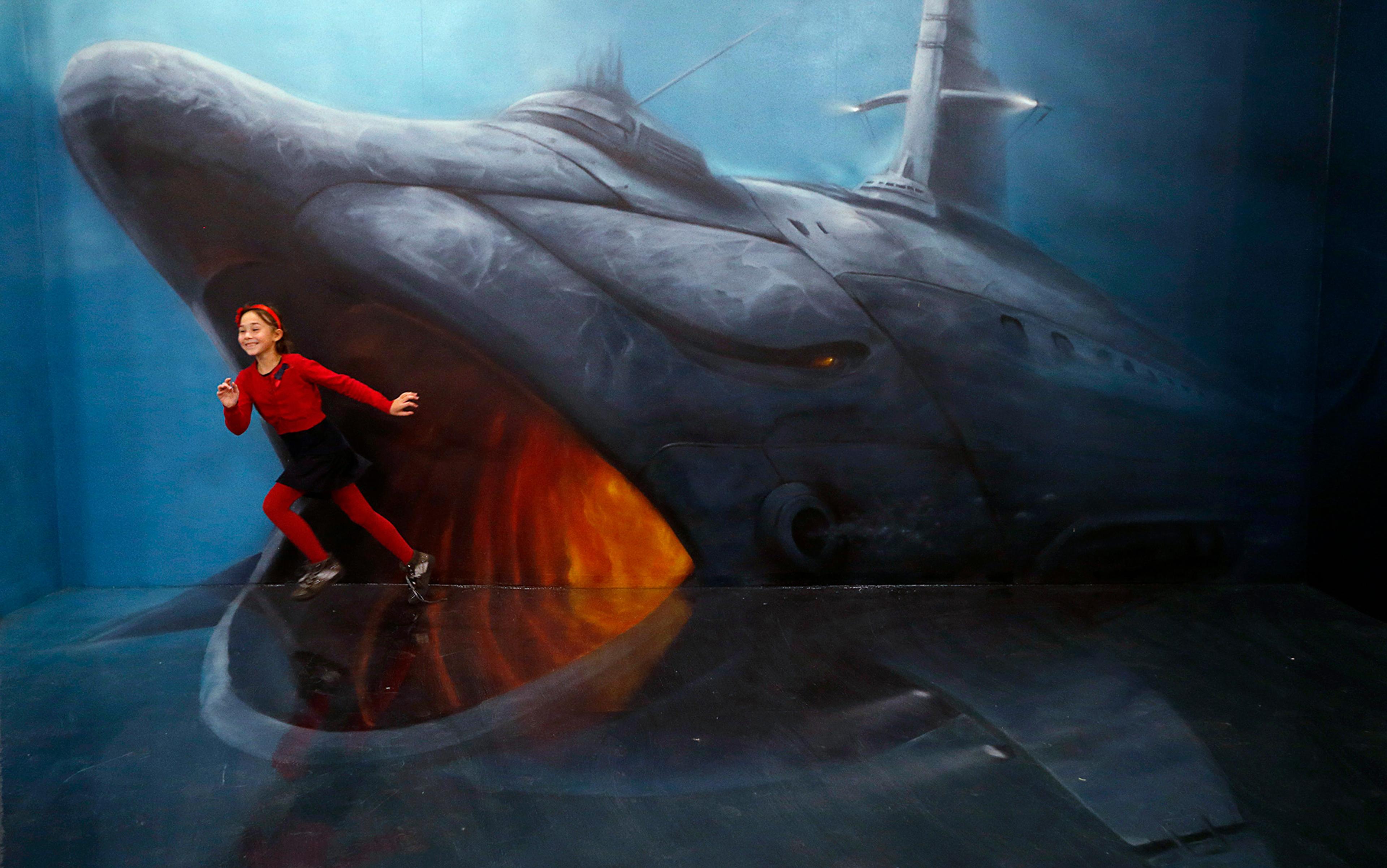
essayHuman evolution
Homo imaginatus
Imagination isn’t just a spillover from our problem-solving prowess. It might be the core of what human brains evolved to do
Philip Ball
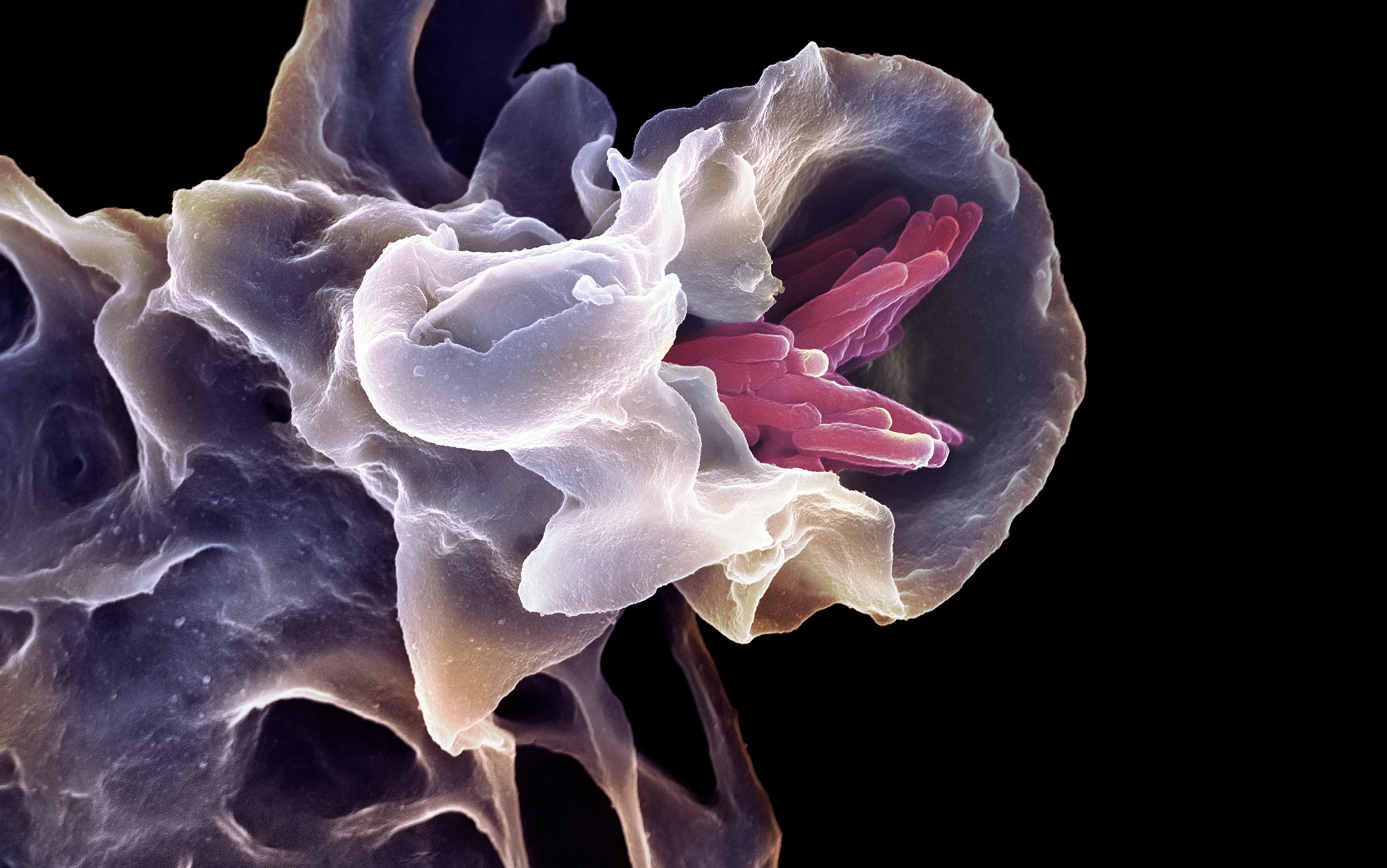
essayBiology
Life with purpose
Biologists balk at any talk of ‘goals’ or ‘intentions’ – but a bold new research agenda has put agency back on the table
Philip Ball

essayFuture of technology
Sim ethics
Say you could make a thousand digital replicas of yourself – should you? What happens when you want to get rid of them?
Philip Ball
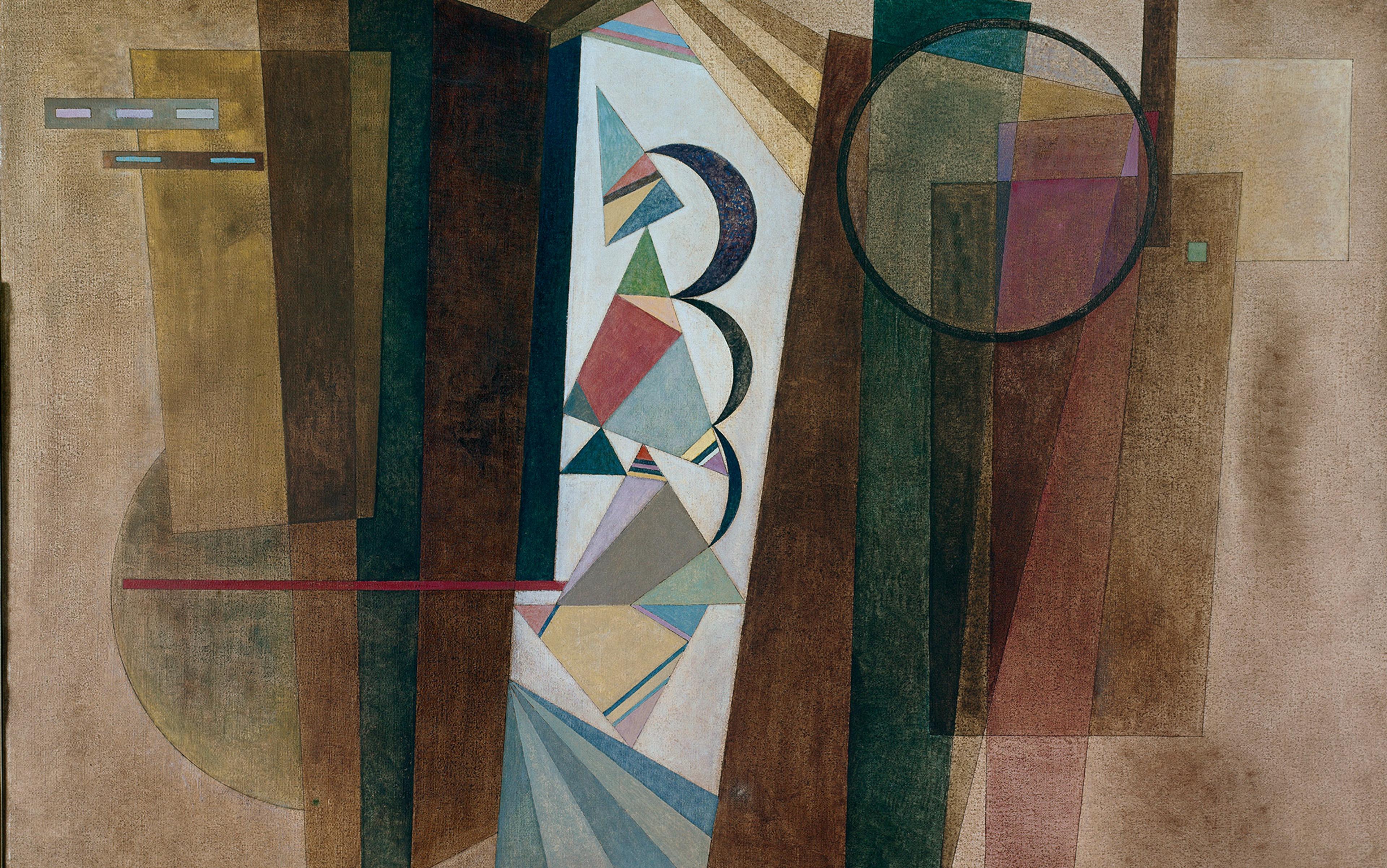
essayMathematics
How natural is numeracy?
Where does our number sense come from? Is it a neural capacity we are born with — or is it a product of our culture?
Philip Ball

essayQuantum theory
Quantum common sense
Despite its confounding reputation, quantum mechanics both guides and helps explain human intuition
Philip Ball
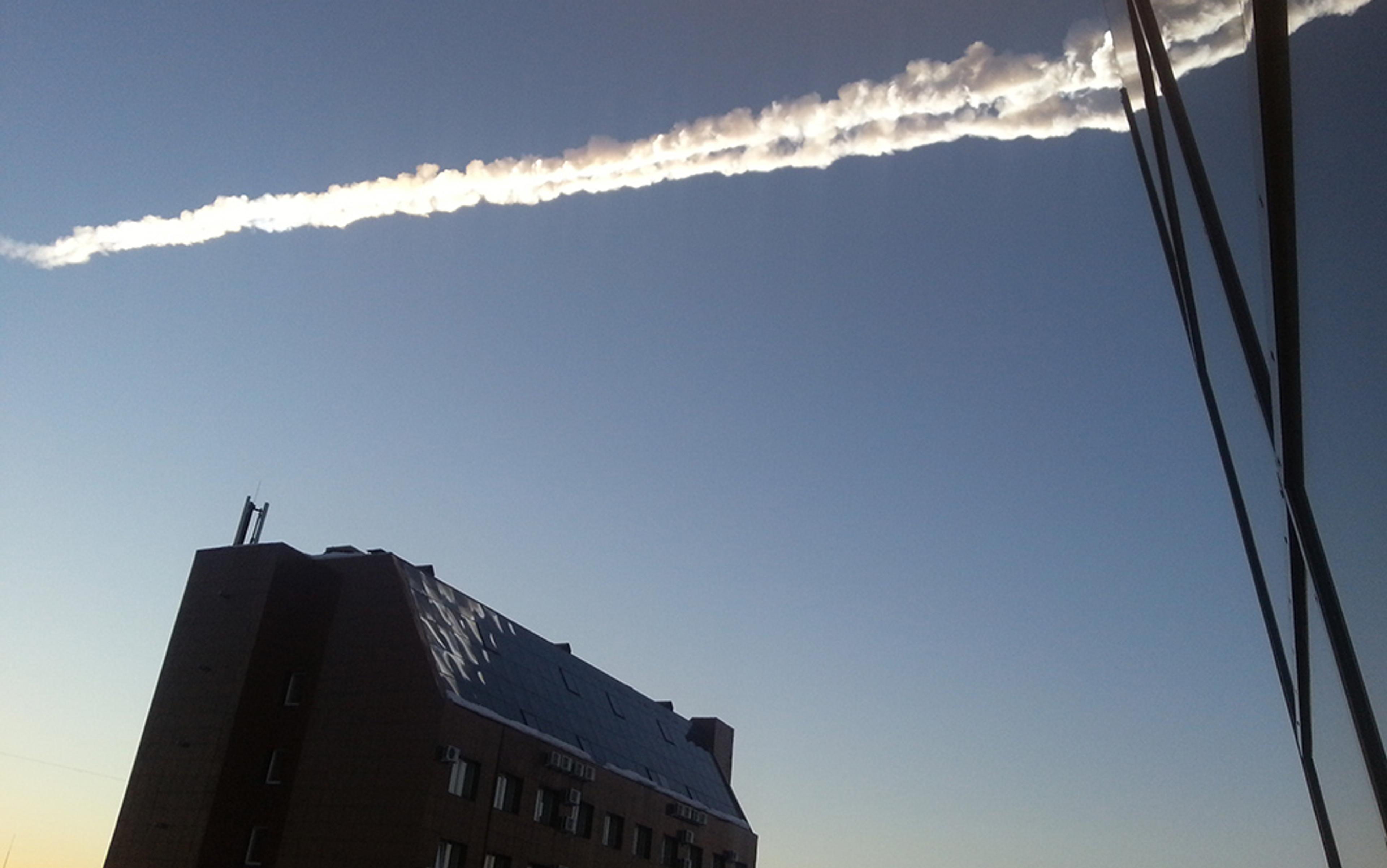
essayCosmology
Life rocks
Could meteorites be akin to lifeboats from other planets? Or do they reveal more about life on Earth than off it?
Philip Ball
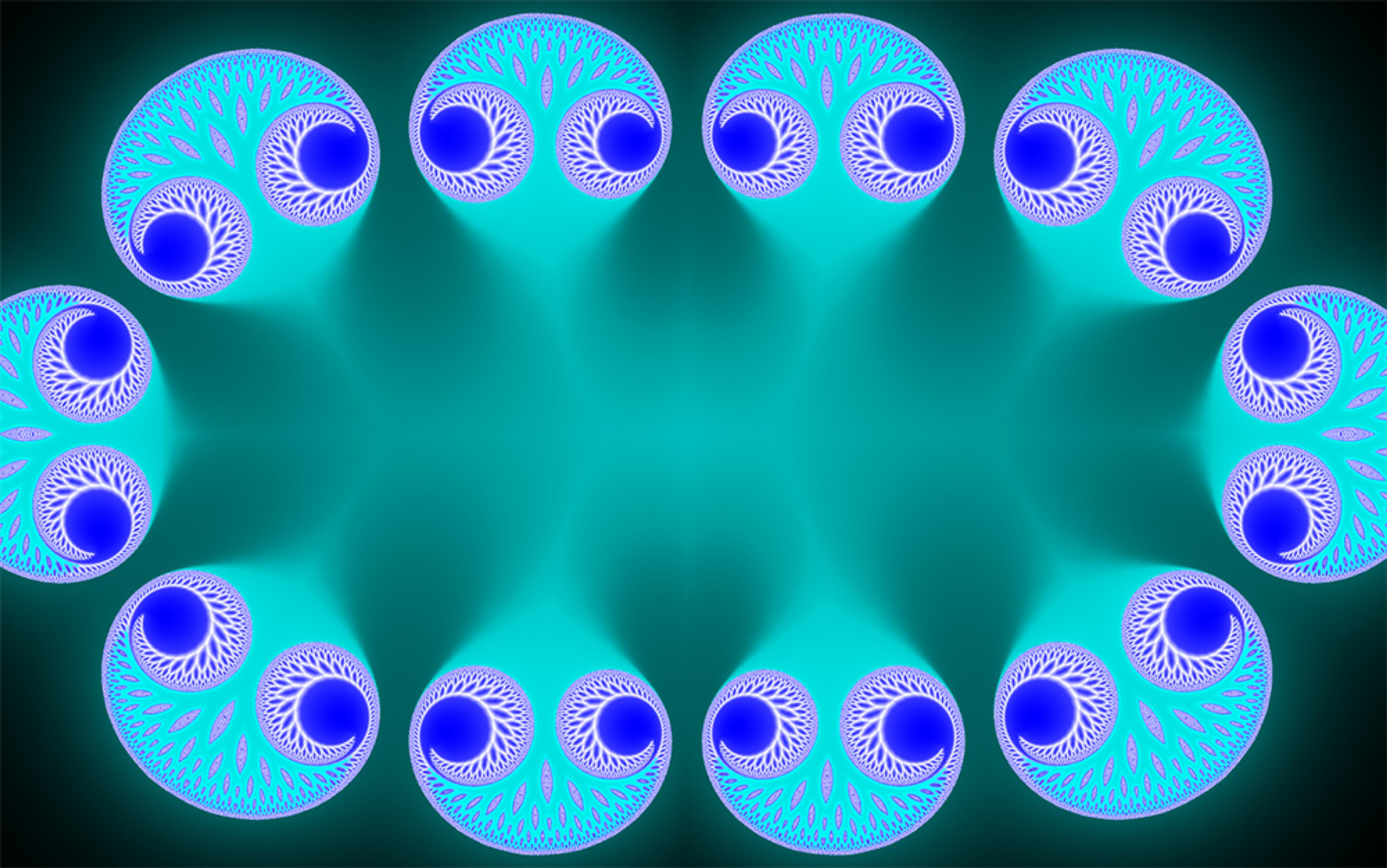
ideaStories and literature
Why our imagination for alien life is so impoverished
Philip Ball
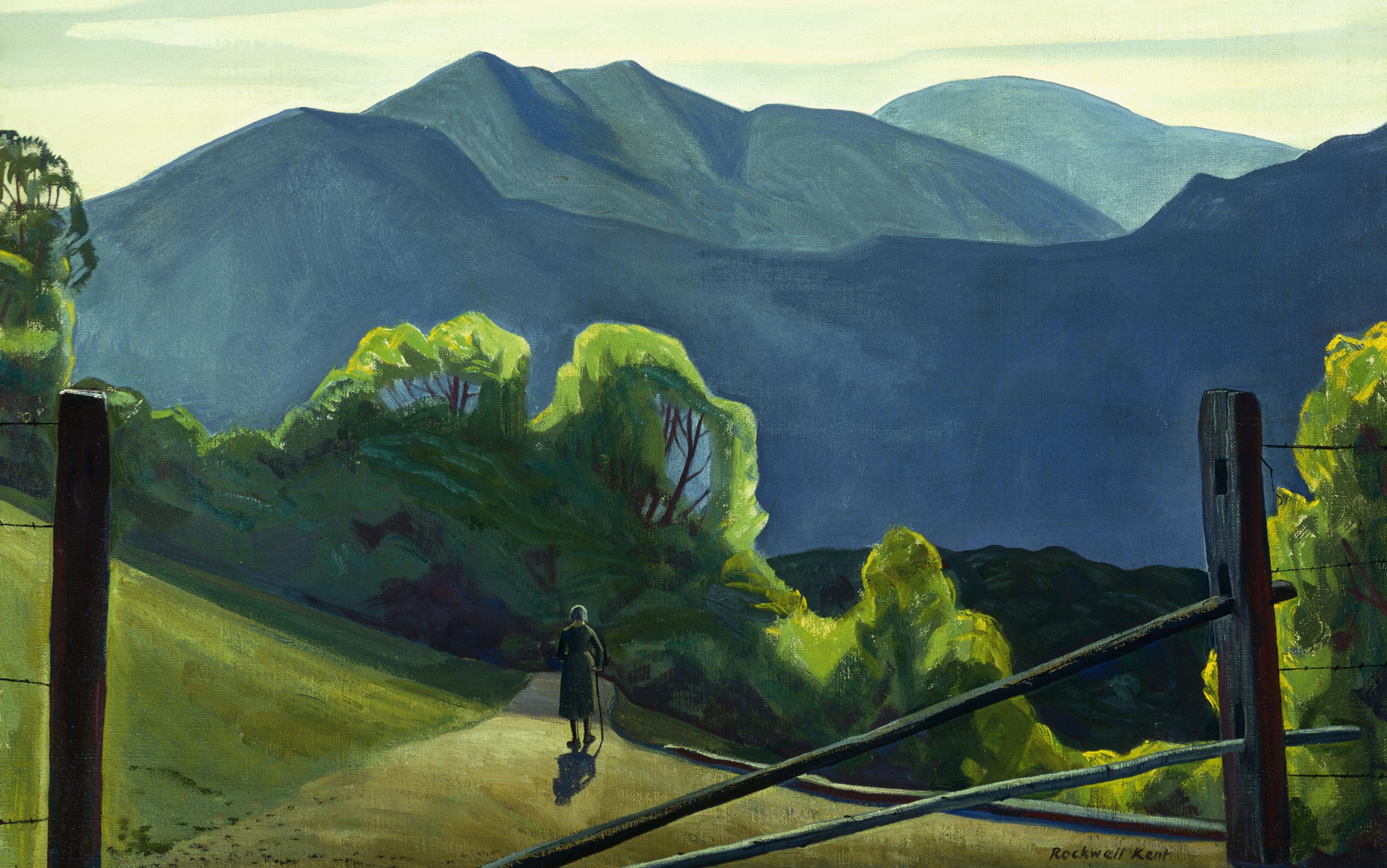
essayMusic
The story trap
We use neat stories to explain everything from sports matches to symphonies. Is it time to leave the nursery of the mind?
Philip Ball